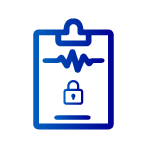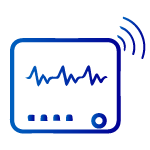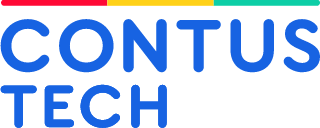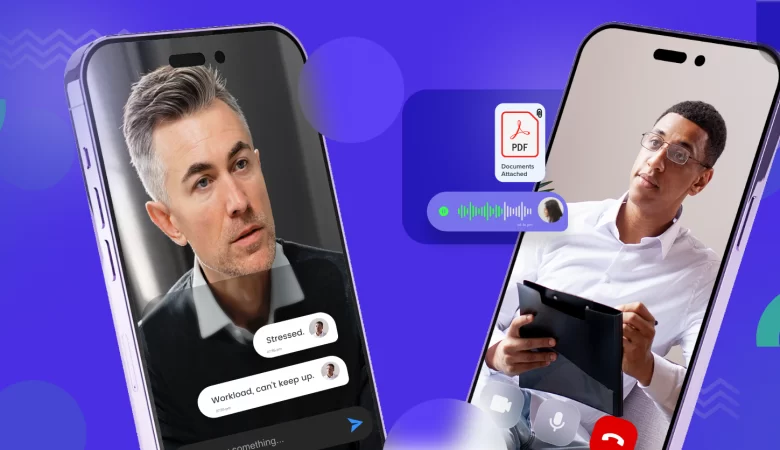A patient tracking system is an intuitive and systematic method of tracking patient progress during their stay at a healthcare provider. Smart patient tracking takes things one step further in it, IoT and RFID (Radio Frequency Identification) join hands to optimise tracking, simplify processes and increase patient satisfaction.
A real-time location system for hospitals allows better tracking of patient medical devices and reduces the spread of infectious diseases. It also benefits patients who aren’t required to stay in hospitals but need monitoring.
What are the challenges faced when creating a patient location tracking system?
Table of Contents
Continuous patient tracking
Although this is one goal of setting up a patient location tracking system, it is not always possible to keep track of patients 24/7. The reasons for this are many– it involves complicated systems dealing with many patients. Further, some patients might be apprehensive about being tracked at all hours, so they may put up resistance.
Cybersecurity
Given that RFID patient tracking systems are connected to the internet, unprotected systems may be vulnerable to attacks from cyber-criminals. This is more dangerous than usual in the context of confidential medical and billing information. Human error is also a cause for concern, careless actions may reveal security loopholes and make the system even more vulnerable.
The ethics of tracking
The right to privacy is an important pillar of global healthcare systems. Yet, patient tracking may be seen to erode that right. Informational privacy itself has also been commodified, with many private and third-party providers asking users to consent to share their data to use their hospital tracking system. Some patients might find real-time monitoring reassuring and others might find it invasive.
How does smart patient tracking overcome these challenges
1) Wearable Devices

Wearable tracking devices allow hospitals to keep tabs on their patients without infringing their physical privacy. They’re easy to get used to and can go around the wrist much like a smartwatch. These devices make continuous RFID hospital patient tracking much more achievable. RFID can also be used in tandem with healthcare asset tracking software. If a patient discards this device, the unusual RFID information can alert providers so they can deal as quickly as possible.
2) A Secure Patient Location Tracking System
![]()
Healthcare providers must invest in secure and protected tracking systems to monitor their patients. Privacy is the priority when dealing with medical information, providers must ensure that no unauthorised individuals both inside and outside the organisation can gain access to patient records. A single data leak or security breach can wreak havoc and break trust, so it is vital that, if a hospital patient tracking solution is to be used, it is highly secure.
3) Clarifying Data Use

When data is collected from multiple sensors, it can be hard to underline where data is used. Smart healthcare tracking systems collect data in a streamlined process and healthcare providers can make patients understand how their data is being used. A steady dialogue between the provider and the patient, as well as the patient’s own access to their records, ensures that ethical issues don’t emerge.
What is the role of IoT-based smart tracking systems?
When it comes to answering how to keep track of patients, IoT and RFID (Radio Frequency Identification systems) have a critical role to play. The former is used to store data and create analyses while the latter is responsible for enabling tracking from the get-go.
When a patient walks around the hospital wearing an RFID tag, sensors around the area record their location and send it to the cloud for processing. Any analysis may be performed in real-time to detect and prevent emergencies or in retrospect to identify patterns in patient history.
What are the benefits of patient tracking system implementation in smart hospitals?
1) Improved Patient Safety

Aside from real-time location monitoring, an IoT-based hospital patient tracking solution also improves patient safety by alerting providers to patient-related or environmental emergencies. It allows them to take quick action by removing the patient from a dangerous area or identifying changes in vital signs for immediate responses.
2) Better Tracking of Treatments
![]()
RFID hospital patient tracking helps to remind patients and providers of any upcoming events such as scans, consultations or even medication schedules. This can be carried out in two ways– either the assigned nurse can oversee the tracking or the patient themselves, through apps synced to their RFID tag. The data collected in the IoT cloud presents a clear picture of the patient’s treatment history, allowing doctors to spot anomalies or successes.
3) Improved Patient Monitoring

The combination of IoT and RFID in a real-time location system for hospitals ensures that patients can be located wherever they are in the hospital or on the premises. For providers, this is proof that patients are adhering to their medical schedules for patients, it can translate to relief that they are being cared for even while being left alone.
How do Contus’ IoT solutions help to track patients in the healthcare industry
Contus’ IoT solutions help increase the efficiency of patient monitoring systems. It transforms the way healthcare providers communicate with each other and their patients. It also keeps patient data on hand and accessible to the right people at the right time.
When it comes to wearable devices, Contus solutions enable panic alerts and detailed health statistics, they also connect to apps and IoT cloud servers for seamless data syncing. For healthcare providers, the IoT data collected through Contus’ IoT solutions can provide valuable insights into resource allocation and high-footfall departments. They can also be used in tandem with asset tracking software healthcare.
Conclusion
Technology has brought about multiple transformations within healthcare systems across the world, making them more streamlined and error-free. One of the more popular uses of technology is in patient tracking solutions. Smart tracking systems are an innovative answer to the question of how to keep track of patients.








Leave a Reply